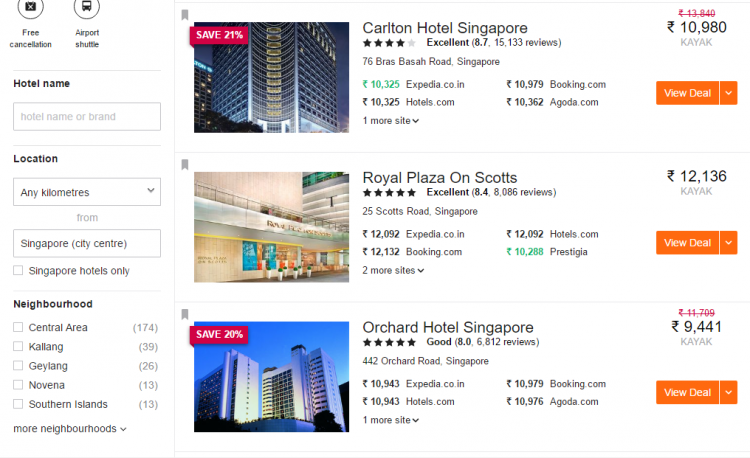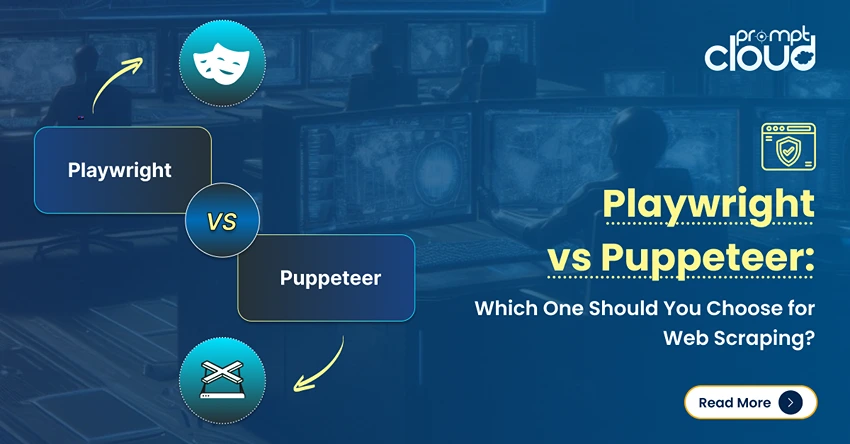The Evolution of Meta Search Engine
The key value proposition put forward by OTAs was the convenience of comparing prices across different hotels, flight companies and other travel related service providers at one place. While travelers were already enjoying the service, next came the meta search engines to make the travel search experience even better. Users found meta search engine as an easier way of finding OTAs in different parts of the world with ready price comparison. With meta search engines, everything felt like just one click far away. As technology and business dynamics continue to evolve, the relationship between meta search engines and travel agencies is evolving too. Here are some of the changes that we’re noticing in the travel domain, especially around OTAs and metasearch engines.
What is a Meta Search Engine?
A meta search engine is a tool that aggregates data from other search engines in order to produce results to the user. In the travel industry, meta search engines aggregate rates and availability of hotels from different sources, mainly OTAs but sometimes directly from the hotels. This makes it easier for users to find a hotel by simply entering their journey dates and comparing between the different options provided. This also helps users quickly find their ‘type’ of hotel within a few mouse clicks. Meta search engines started mushrooming soon after OTAs came into the picture in travel industry. In a recent survey conducted by a leading travel portal, about 50% of the respondents agreed that the convenience provided by meta search engines is invaluable.
Meta Search Engines vs OTAs
While OTAs have tie ups with the hotels and aggregate data directly from hotel websites, Meta search engines do not have any such strings attached to them. They aggregate the data directly from OTAs and manage to grab the top spots in search engines and position themselves as a one stop destination for users. This has been the reason for friction between OTAs and metasearch engines for quite some time.
The more tech-savvy users check about 20 sites to ensure that they are getting the best deal for their travel and accommodation needs, which means a lot of manual research. To strengthen this point, a study by Google showed that about 60% of the users began and ended their travel searches in different devices. This pain point is exactly what meta search engines are trying to eliminate. Meta search engines are freeing travelers from this tiring travel search bottleneck by providing all the options they need at one place. With newer technologies to their assistance, meta search engines are upping their game by implementing semantic search features to ensure accurate price comparisons with user preferences.
The Evolutionary Phase
When OTAs first came into the picture, the tech barrier was significantly higher than it is now. This helped OTAs flourish well and they did make investments to scale up further and gain reasonable returns. However, many OTAs did not have the level of backing needed to provide optimum product connectivity and maintain a position among the leaders. By 2005, the Meta search engine era started. Meta search sites bridged the connectivity gap by aggregating deals from OTAs for the same product/service.
Although slowly, OTAs started catching up with the product connectivity offered by the metasearch engines. This is when the conflict started. Meta search engines seemed like a threat to the OTAs when it came to competing for the top spot in the google search results. However, things have changed in the last few years.
Although it might look like a battlefield between OTAs and metasearch engines from the distance, popular OTA sites like Expedia and Priceline have started embracing the metasearch model and even started investing in metasearch channels of their own. Some of the OTAs even started providing a price comparison feature similar to the metasearch offering, thus creating a hybrid of OTAs and metasearch engines.
Although there are pros and cons to both the models, hotels find metasearch to be an attractive source of opportunity. This is because eliminating OTAs would mean cost on commissions saved for them and direct dealing with the guests, which will help the hotels in building a relationship with their customers.
OTAs are busy spending big on marketing which mostly involves inspiring potential customers to dream about travel and spend on luxurious hotels. This has been helping them attract customers and also create new ones. On the other hand, meta search engines are focusing on having a smooth integration between their booking engine and that of hotels’ so that the user experience is seamless. Gaining a top spot in the traditional search engines is also a challenging task that the meta search companies have in priority.

‘Book-now’ Feature: A Challenge to the OTAs?
Meta search engines have equipped themselves with more than just an aggregation and price comparison platform in the last few years. ‘Book now’ is a feature they introduced to strengthen their roots in the travel industry by providing a richer user experience for the users. The ‘book-now’ feature is basically an integration of the booking system of suppliers with that of the Meta search engines and could pose a challenge to the OTA business model. But, recent trends prove this wrong. We see OTAs coexisting with meta search sites without negatively impacting each other’s business models. It is better to view the combined growth of OTAs and metasearch engines from a consumer’s view point, where it can only provide benefits. Both OTAs and metasearch engines can assist travelers by helping them find the best deals while planning their trip.
Competition in the Travel industry Fueled by Web Crawling
As prices shown on OTAs change by hours if not minutes, the competition in this domain is hitting peak levels. OTAs are using web crawling services to crawl real time prices from their competitors so as to programatically update their own pricing. Now that travelers have a multitude of options to choose from, having a competitive pricing is extremely important. There are DaaS providers specializing in extracting large amount of data from the web in near real time, consistently. This has significantly contributed to the competitive factor of travel industry.




















